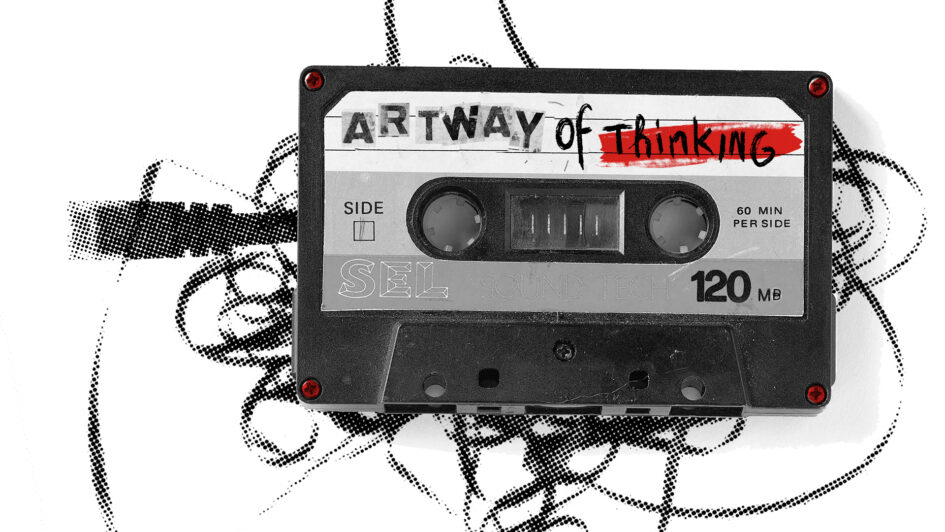As part of our work on transforming the digital infrastructure, we are writing an article series of Pan-European case studies about sovereign media distribution, away from big tech, together with PublicSpaces. PublicSpaces is a coalition committed to providing an alternative software ecosystem that serves the common interest and does not seek profit – in other words, an internet as a public space. In the upcoming weeks, we will share the article series with stories about these intriguing initiatives here as well. Last week, we discussed Beyond the Now. This week: Artway of Thinking!
Artway of Thinking is an international political artivism organisation based in Italy, working both with individual and organisational members. It was founded at the beginning of the 90s with a clear intention to focus on the role of artists in society and co-creation. The founders of Artway of Thinking perceived art as a means to respond to people’s need for community and to improve societal wellbeing, in a rather political sense. We sat down with Federica Thiene, one of the three founders, and Filippo Mantovani, an active member since 2015 and currently responsible for one of its main running projects.
“Art has always had a political influence. However, at the time we were founding Artway of Thinking at the end of the 80s, our vision of the role of artists in society and the arts sector was quite contradictory to the dominant perceptions and believes about art back then. Many galleries and museums were pushing for a commercialisation and depolitisation of art.” Federica explains. “Meanwhile, our idea was to really root ourselves in our communities as artists and to truly commit to taking on a political role.”
Artway of Thinking is critical of and aware of the digital tools they use and the digital spaces they facilitate and create with their work. “Having access to knowledge and communicating with others is really fundamental to our work, as we are an organisation based on relationships. The internet provided an explosion of possibilities for us, but we have to be critical of how we employ it”, Filippo argues.
During the past decades, Artway of Thinking has developed several big projects in communities and cities across the world, both in the global South and in the global North, for which it has been commonly cooperating with art universities and other knowledge institutions. One of their main current projects is a digital project TeenTribe.
TeenTribe is a collective web platform based around sound narration. It provides a space where young people can share, listen, dream, and give shape to their thoughts about the present and the future, using sound as a form of creative expression. Its aim is to create a safe and free digital space dedicated to young people and to make them feel part of a community. Federica explains that the project helps young people in the EU relate to each other in a new way. “As human beings, we have a fundamental need to relate to others. When this level of human connection happens in a physical way, it brings emotions with it. That is what this project is all about. With TeenTribe, we wanted to get as close as possible to this essence of being human: connecting as physically and emotionally as possible in a digital space.”
Curious about the entire article? Read the full article here. The article has been authored with funding from the European Cultural Foundation, licensed under the CC BY 4.0 licence.

Our work on transforming the digital infrastructure is rooted in our belief for a radical different approach to technology, one where communities are empowered to use alternatives when they need them, and to reject new technologies if they don’t. Our vision is to build an alternative economy through public-civic digital ecosystems, where citizen cooperatives collaborate closely with strong public institutions, and where communities become literate to technology and independent from it at the same time.
Find out more about this work here, or read our latest publication on the topic “Generative Interoperability: Building Online Public and Civic Spaces“
 ☰
☰